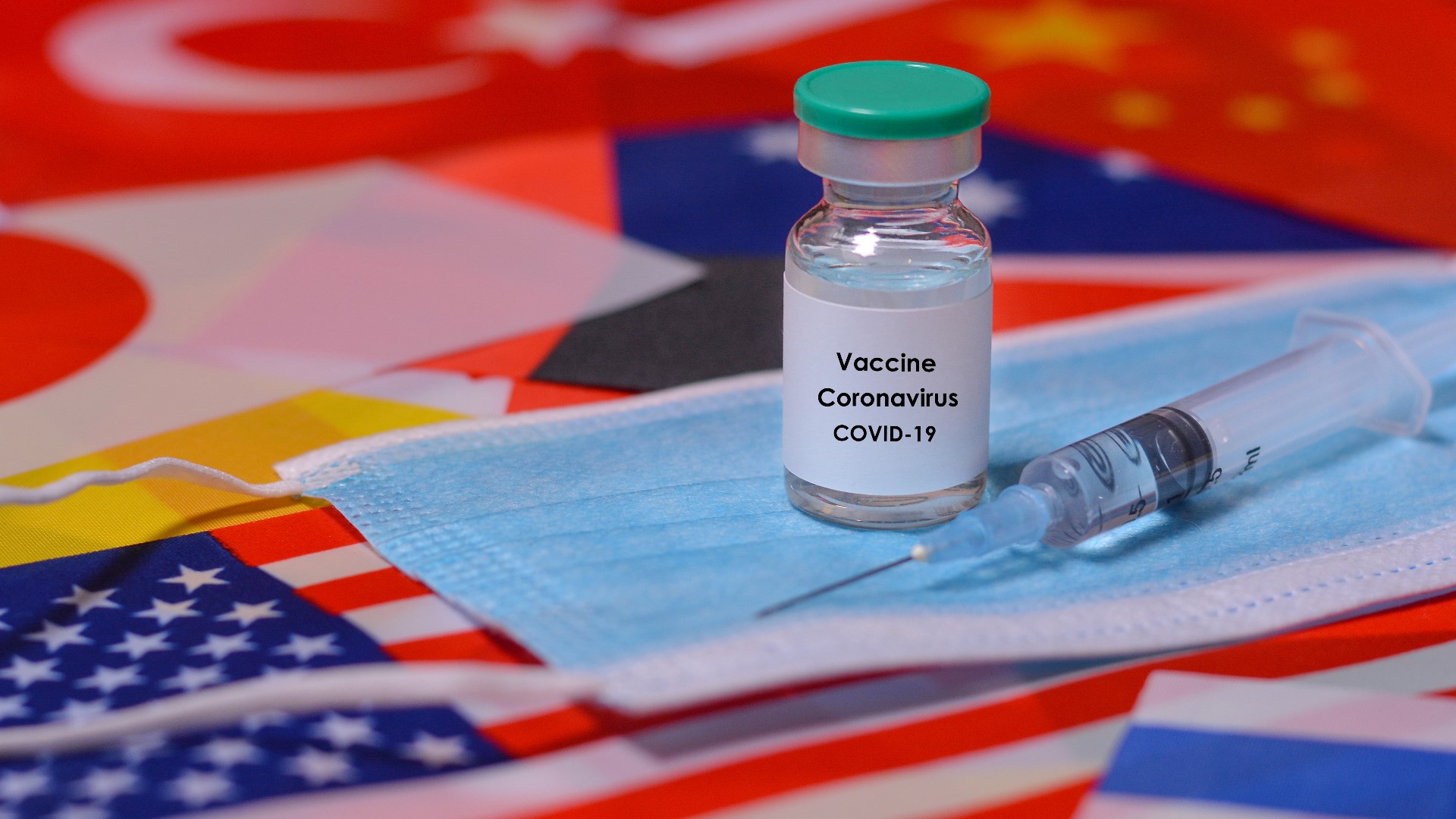We are one month out from the Winter Olympics in Beijing.
Thousands of athletes will come from around the world to one place to compete.
As you can imagine, many health experts are worried about COVID-19 and whether athletes and workers will spread the virus to others and bring it back to their home countries.
"The timing couldn't be much worse. That being said, I'm looking forward to watching it, but I'm nervous,” Hennepin Healthcare Dr. David Hilden says.
Dr. Hilden is big fan of the Olympics.
He can't wait to see the world's best athletes compete in the winter games, but from a public health perspective...
"It's an awful idea to hold the Olympics. That's really the last thing you would want to do,” Dr. Hilden says.
"But there's another side to that, there is the human interaction point of view and the need to get on with a life that is meaningful and full of joy for people."
According to the Beijing Winter Olympic Organizing Committee, athletes will be tested for COVID-19 twice a day.
Athletes will live and eat separately from all other athletes and will have special vehicles that will bring them from their hotel to their event.
Athletes who test positive for COVID will either be sent to a special hospital or isolation facility, depending on if they're showing symptoms.
And they will need two negative tests within 24-hours to be cleared for competition.
"Given that the Winter Olympics are largely outdoor events, not entirely, but largely, I think it's possible to do these with a relative degree of safety,” Dr. Hilden says.
This will be the 2nd Olympics since the pandemic started.
Health officials learned a lot from the Summer Olympics in Tokyo last year.
A new report from the International Olympic Committee shows athletes did get sick during the Tokyo Summer games, but cases were few and far between.
According to the report, of the 11,300 athletes who competed in the Tokyo Olympics and Paralympics, 33 tested positive for COVID-19 during the games.
Out of tens of thousands of workers, journalists and volunteers, 464 tested positive.
And according to the report, none of those cases spread outside of the Olympic bubble.
But Dr. Hilden says there's always a risk that something could happen.
"Literally every athlete from a different country, every visitor from a different place is a new variable."
And he says China hasn't exactly been transparent when it comes to COVID-19.
He says Chinese officials have kept a lot of information and data secret from the international community.
He says there are countless factors to consider when it comes to safety at the Olympics, and in the end, all the committee can do is reduce as many risks as possible to keep athletes and workers safe.
"I'm going to watch the Olympics. I'm going to watch a lot of it, because I like it and it brings me joy, but you can't get set on any particular athlete, that person might be out. You can't get set on any particular event happening. You just have to sort of roll with the punches,” Dr. Hilden explains.
"I think it's really important that we be flexible and just enjoy whatever we do get to see."

